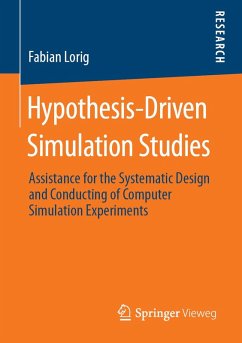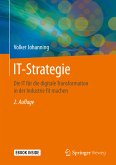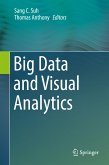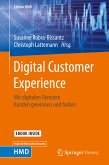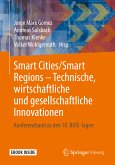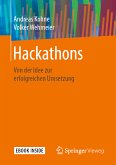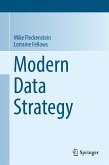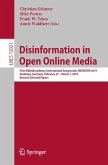Fabian Lorig develops a procedure model for hypothesis-driven simulation studies which supports the design, conducting, and analysis of simulation experiments. It is aimed at facilitating the execution of simulation studies with regard to the replicability and reproducibility of the results. In comparison to existing models, this approach is based on a formally specified hypothesis. Each step of the simulation study can be adapted to the central hypothesis and performed in such a way that it can optimally contribute to the verification and thus to the confirmation or rejection of the hypothesis.
Dieser Download kann aus rechtlichen Gründen nur mit Rechnungsadresse in A, B, BG, CY, CZ, D, DK, EW, E, FIN, F, GR, HR, H, IRL, I, LT, L, LR, M, NL, PL, P, R, S, SLO, SK ausgeliefert werden.

